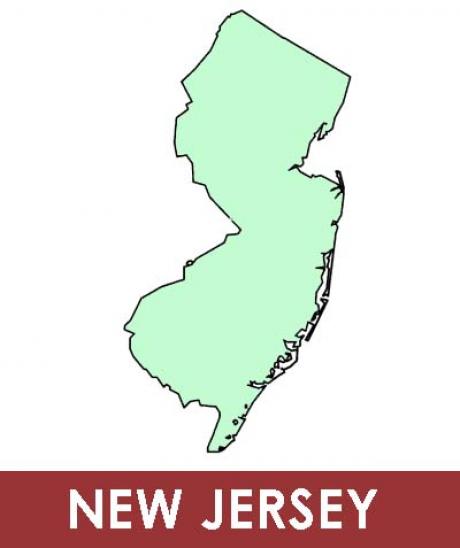 Following the United States’ economic downturn in late
Following the United States’ economic downturn in late
2007, the country’s fiscal failure was nearly palpable. The smell of
monetary doom hung in the air, like the lingering stench of freshmen
bodily fluids drunkenly spilled in residence hall
elevators. Financial decay had permeated every aspect of American
society.
The higher education system was no exception. Even
Syracuse University, with its seemingly invincible bursar’s office and
stalwart central NY economy, was seeing the pain of the recession.
Left with fewer methods
to meet student body quotas, with each student expected to pay
roughly 50 grand for tuition, room and board, and student fees*, the
school seemed destined to succumb to economic uncertainty.
And yet! A light at the end of the tunnel ““ hope would prevail.
“We met with admissions, financial aid offices,
academic departments and agreed on the final decision, one with which I
think we are all satisfied, ” Cynthia Cappuccilli Director of the
Bursars Office says. “Given the financial restrictions
of the recession, we figured out the most cost-effective way to recruit
students for the incoming class.”
“Outsourcing,” Cappuccilli says. “Specifically from
the over-industrialized state of New Jersey.” Cappuccilli explains the
school deliberately recruits student applicants from this area. New
Jersey, state of 8.7 million people, boasts demographics
statistically known as capable of paying disproportionately high costs
for services rendered.
“We recognized our neighboring state as a goldmine of
potential student applicants. While the state was otherwise being
harvested for its chemical and oil refineries, we went in looking for
ideal student candidates.”
Such candidates, Cappuccilli describes, are those with
enough money to easily cover SU’s price tag without expecting financial
aid, and who are too unmindful to care.
While Syracuse University’s plot to bolster student
body numbers by outsourcing has worked (the school’s incoming freshman
class is the biggest yet, and its percentage of NJ students is equally
record-high), the plan has met drawbacks. Cappuccilli
alludes to these outsourced students as being “lackluster” or that they
“sport deeply-rooted senses of entitlement”. Nonetheless, she states
the program proves worthwhile in its ability to easily meet student
quotas with New Jersey’s excesses of students unaffected
by and apathetic to potential recession woes.
* -Blanket term for costs that range from students’
health fees, co-curricular fees, and anything that otherwise deserves
the label of fees that students assume are paid for when entering into
Syracuse University





























